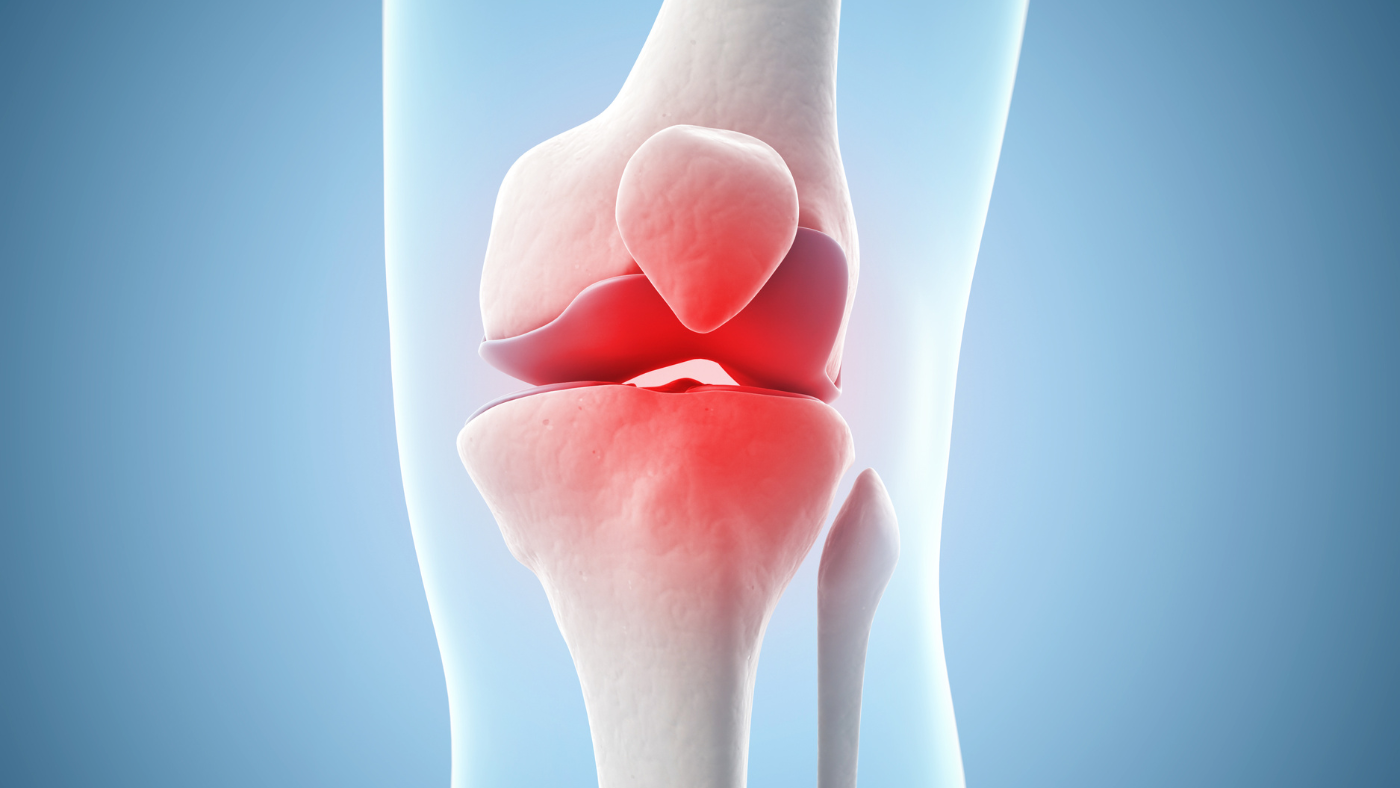
Meniscus Tears
A meniscus tear is an injury to the cartilage that cushions the knee joint. This type of injury is often caused by sudden twisting movements or degeneration over time and can affect people of all ages.
You might experience knee pain, swelling, difficulty bending or straightening the knee, or a popping sensation at the time of injury. Other signs include the knee locking or giving way during movement.
Living with a meniscus tear can make activities such as walking, running, or squatting difficult. The pain and instability may limit participation in sports and cause discomfort during daily activities.
Dr. Khoo will diagnose a meniscus tear through a physical examination. An MRI may be recommended to assess the extent and location of the tear.
Surgery, such as meniscus repair or partial meniscectomy, may be necessary for large or symptomatic tears that do not heal with non-operative treatment. Dr. Khoo will discuss the best surgical approach based on the severity of the tear and your activity level.
If surgery is needed, Dr. Khoo will explain the procedure, whether it’s meniscus repair or removal. He will ensure you are well-prepared, understand the recovery process, and feel comfortable with your decision to proceed with surgery.

Dr. Khoo will review your symptoms and perform a thorough examination of your knee. He will explain the nature of the tear and discuss the available treatments, including both non-surgical and surgical options. You will leave the consultation with a clear understanding of your condition and the best course of action.
Minor meniscus tears can sometimes heal on their own with rest, activity modification, and physiotherapy. However, larger or more severe tears often require medical intervention, such as surgery, for full recovery.
Recovery time varies depending on the type of surgery. For a partial meniscectomy, recovery may take 4–6 weeks. For meniscus repair, recovery can take 3–6 months, as the tissue needs time to heal properly.
Most people can return to sports after surgery, but the timing depends on the type of surgery and adherence to a rehabilitation program. It t